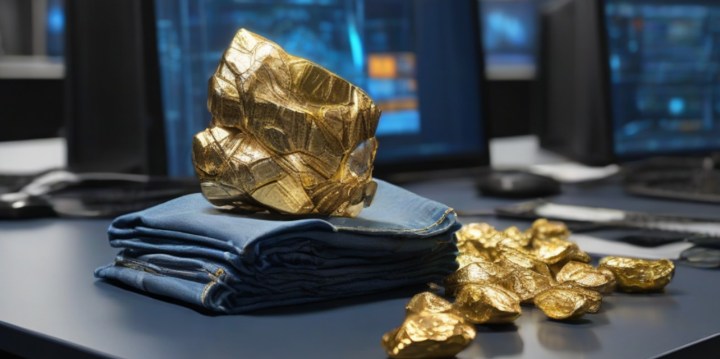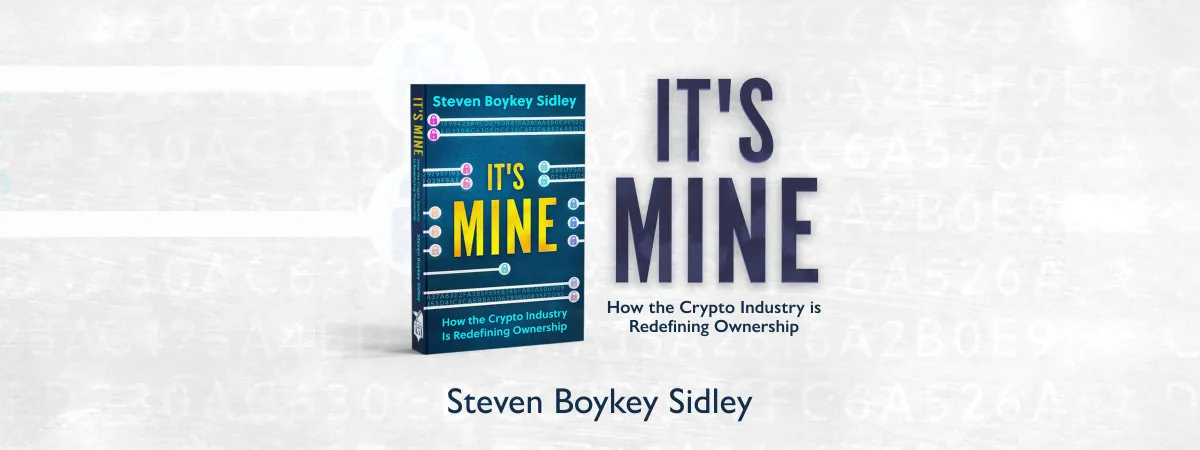GUEST ESSAY
Levi Strauss and the geopolitics of artificial intelligence

CPUs are the Levis of AI, and whoever wins the compute race will become the richest company on Earth.
When gold was discovered in the American West in the middle of the 19th century, speculators and dreamers and gamblers swarmed in from all over the world, hoping to extract their dreams from the hard earth and rock of California. One man decided that, while gambling on finding the wealth hidden in the ground might do for some, he had a simpler business model; one which did not rely on luck. The new prospectors and miners all needed hardy jeans along with their picks and shovels, and on that simple premise Levi Strauss, a Bavarian immigrant, built an empire that still glitters today.
So, who is selling jeans to AI?
Here is where we are as 2023 shuts down, a mere 13 months after the noisy birth of ChatGPT and the explosion of useful, English-speaking AI which has so upended the trajectory of both technology and the zeitgeist in its young life, while still tottering and blinking confusedly in the sunlight.
Three fundamental and interlocking pillars have emerged on which AI is built. The first is the clever AI programs – the models, the statistical inference engines, the deep learning math, the neural network architectures and so on. The second is the training data which feeds the AI engines. And the third is the computers or, more accurately, the CPUs.
This third pillar is called “compute” in AI jargon. CPUs are the Levis of AI. Whoever wins the compute race will become the richest company on Earth.
This last sentence demands an explanation. AI is the first technology invented which learns. Nobody really understands what this means. Some smart people think that we’re all going to die when AI eventually decides we are expendable. Others disagree and figure we’re all going to have abundant wealth and free time to write poetry or whatever.
When? Nobody knows. Maybe five years. Ten years. Soon. In our lifetimes, probably. But, if there is a CPU that runs faster and smarter and cheaper than all the others, every AI miner on Earth will want to buy a bushel of them. It will have the ultimate chokehold on power.
Why? Because the company that makes the fastest, cheapest, smartest AI CPUs will also have the power to decide who gets them, because chip production is not infinite. It’s not a question of whether the lucky recipients will be Google or Microsoft but, rather, the US or China. Or Saudi Arabia or India.
To put it more simply, the Levi Strauss of AI will decide the future of geopolitics.
Read more in Daily Maverick: The tortoise and the hare revisited – the inevitable failure of AI regulation
A long time ago when I was writing video games in LA, the nerdiest of the gamers bought special graphics accelerators that increased the smoothness and speed of rendering on their pimped-up PCs. They were called GPUs (graphics processing units) and the chips were produced by a small speciality company called NVIDIA. Their market was almost 100% gamers, joined later by specialist engineering and architectural users who used graphics-heavy CAD systems and the like.
In 2006 they introduced a parallel processing architecture and suddenly they were no longer a gaming hardware company – because parallel processing, a much sought-after assist for a class of mathematically gnarly problems, has a wide variety of use-cases.
Including AI.
To understand how quickly NVIDIA has come to dominate in AI compute, consider this. Its share price has risen 40x since 2015 and 400% this year alone. It is now the sixth-most valuable company in the world, at a $1.2-trillion market cap. Bigger than Meta.
Of course, there are numerous companies furiously trying to build AI CPUs to challenge NVIDIA, but chip design and production is a famously challenging business requiring massive capital expenditure, sprawling fabrication plants, complex supply chains and the smartest of smart designers, ranging from software developers to physicists to material scientists to electronics engineers. Hundreds of billions of dollars are required and lead times for production are long.
Meanwhile, NVIDIA is investing heavily in research and development and is extending its lead, giving it near total control of the compute pillar of the AI revolution.
We don’t need to have certainty about where AI is going and what it portends for our species when even a casual perusal of the business news reveals that every company of every size in every industry in every country is desperately trying to “do” AI. Sometimes clumsily, sometimes cleverly, but with startling haste and urgency.
No one wants to be left behind.
NVIDIA has the power to decide who gets access to compute. That is a heavy responsibility. But, to strike a seasonal note of optimism, at least it is not a Chinese or Russian company. DM
Steven Boykey Sidley is a professor of practice at JBS, University of Johannesburg. His new book It’s Mine: How the Crypto Industry is Redefining Ownership is published by Maverick451 in South Africa and Legend Times Group in the UK/EU, available now.


















I’m sure that there are some positive uses for AI but at what cost to humans? No thanks. Please put AI back in the bottle………..
AI = assisted intelligence. There is nothing intelligent about AI given that it is based on a two dimensional machine; all the machine can do is churn through a selection or iterative process a lot faster than a human being can but will not provide any form of lateral thinking as it is only trained to answer the questions asked.